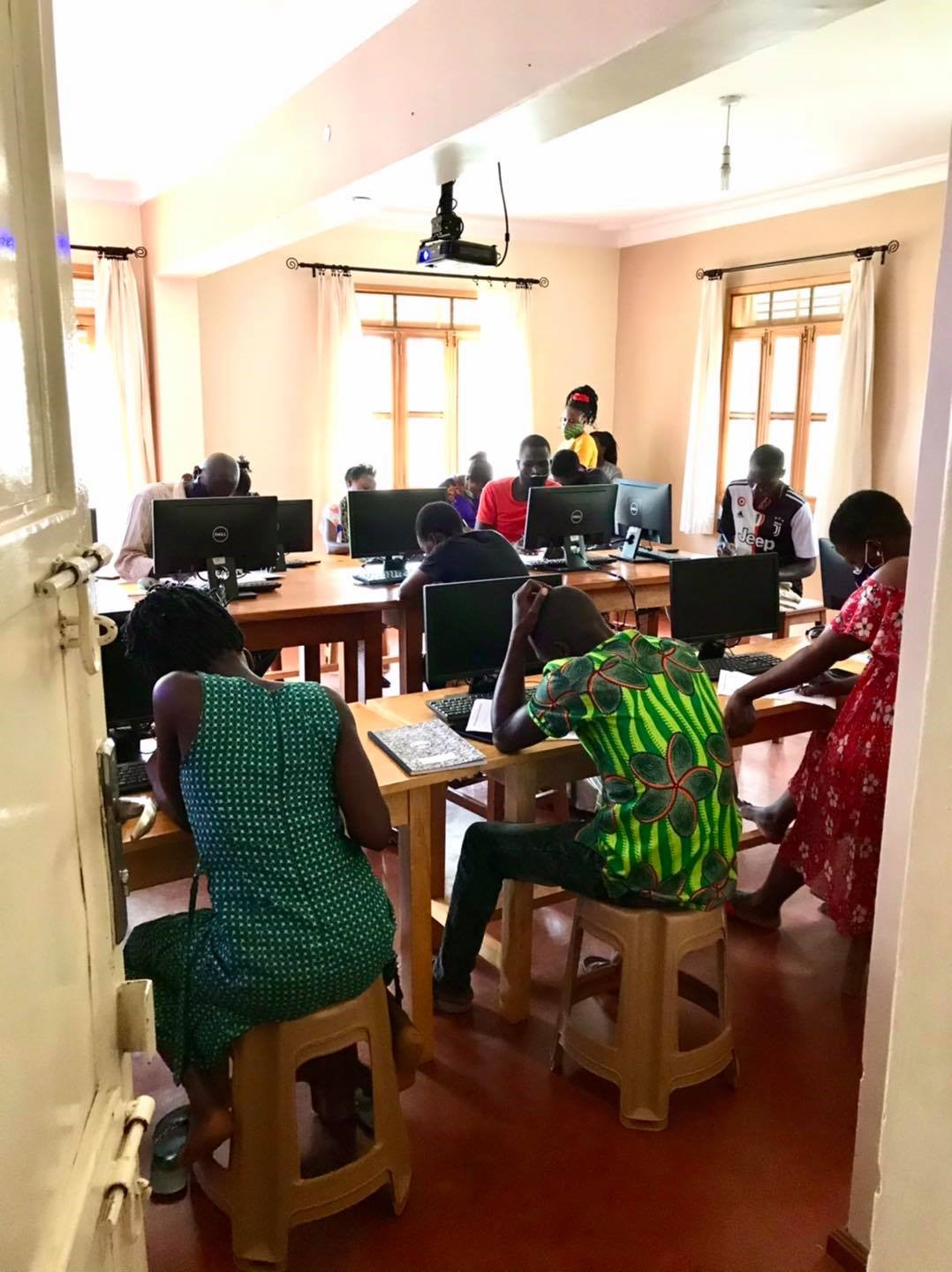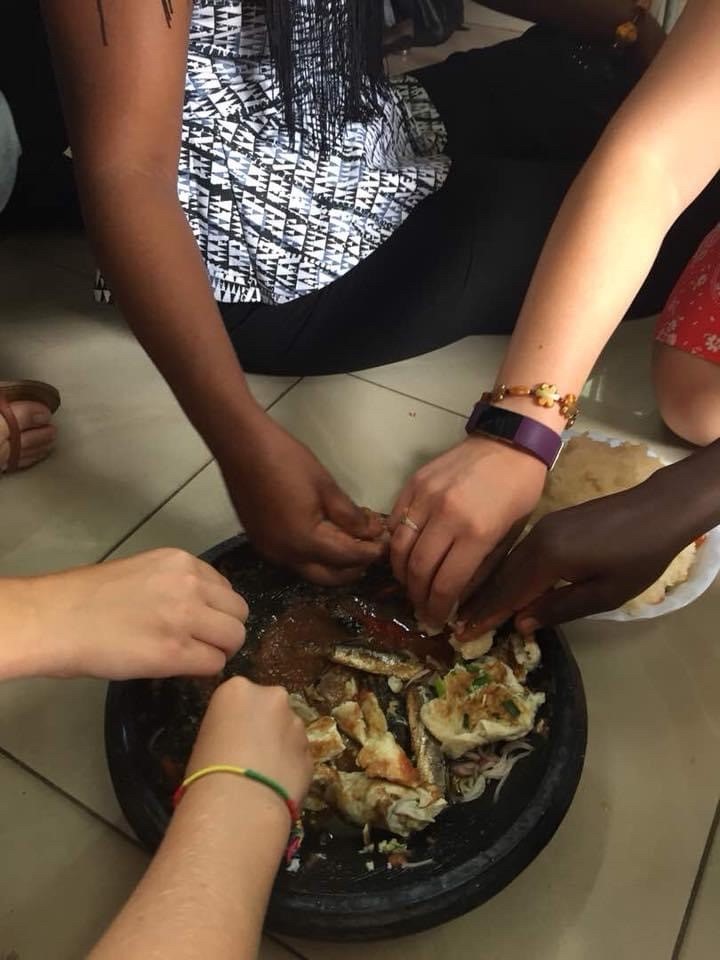We use cookies on this site to enhance your experience.
By selecting “Accept” and continuing to use this website, you consent to the use of cookies.

Uganda remains one of the poorest countries in the world, with one in five citizens living in abject poverty, and more than a third earning less than $1.90 a day. Eighty percent of the country’s population is under 30, with most youth unemployed or struggling to get by with odd jobs. According to the World Bank, this situation is only intensifying, as over 700,000 young people reach working age every year, but only about 75,000 jobs are created. Research evidence suggests that entrepreneurship can play a significant role in helping to alleviate this problem (Shepherd, Parida & Wincent, 2020). In addition to yielding widespread economic benefits, entrepreneurship also gives agency back to youth themselves, as opposed to leaving them dependent on charity (Abdelnour & Saeed, 2014).
Since 2017, Caring Hands Uganda (CHU) has been engaged in using entrepreneurship education to empower disadvantaged youth in Kampala. The Youth Livelihood Empowerment Program (YLEP) was developed to teach basic entrepreneurship skills, along with ways to access credit sources and global markets. Anecdotal evidence suggests that many of YLEP’s 302 graduates to-date have started new ventures and generated positive effects in their communities. Prior to scaling this program, CHU has requested a program evaluation to better understand where YLEP can be improved. Using an effectuation framework, which focuses primarily on opportunity identification and new venture creation under conditions of uncertainty (Sarasvathy, 2001). Our research to this end has 3 main objectives:
Funding Source: SSHRC Partnership Engage 2021-2022
Research Lead: Dr. Akbar Saeed, Wilfrid Laurier University
Community Partner: Caring Hands Uganda
Assessment of host-country perspectives on key impacts of reciprocal bidirectional North-South student mobility arrangements (Canada-Ghana)

Canadian and Ghanaian students sharing Banku, Photo Credit: Cassandra Voets
The project offers a case study of Wilfrid Laurier University’s multiyear AUCC/AU-funded bidirectional student mobility program with universities and organizations in Ghana, West Africa. It focuses on host community perspectives on key aspects of the reciprocal program that occur in the host country. Its main aim is to identify if significant differences can be identified between the views of partners in this reciprocal, bidirectional relationship when compared to existing findings of host community perspectives within unidirectional relationships. Using semi-structured, in-depth interviews with key informants, the project’s objectives are to:
Funding Source: SSHRC Insight development 2020-2023
Research Lead: Dr. Robert Ame, Wilfrid Laurier University
Dr. Andrew Robinson, Wilfrid Laurier University
Dr. James Sefe Dzisah, University of the Cape Coast, Ghana
Dr. Stacey Wilson-Forsberg, Wilfrid Laurier University
Contact Us:
Karen Cyrus, Director
Stacey Wilson-Forsberg, Associate Director